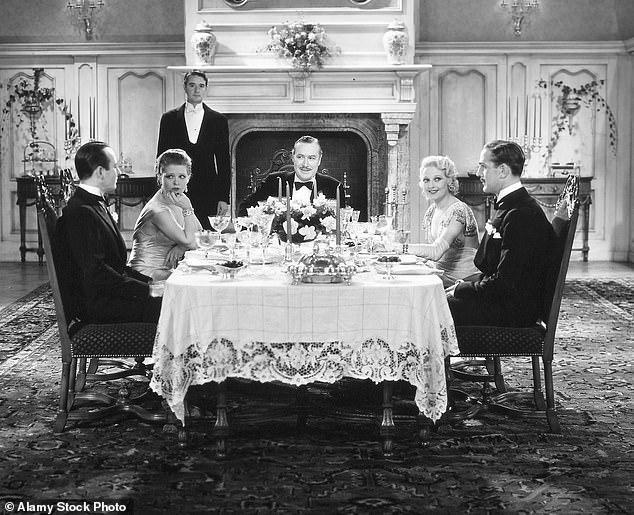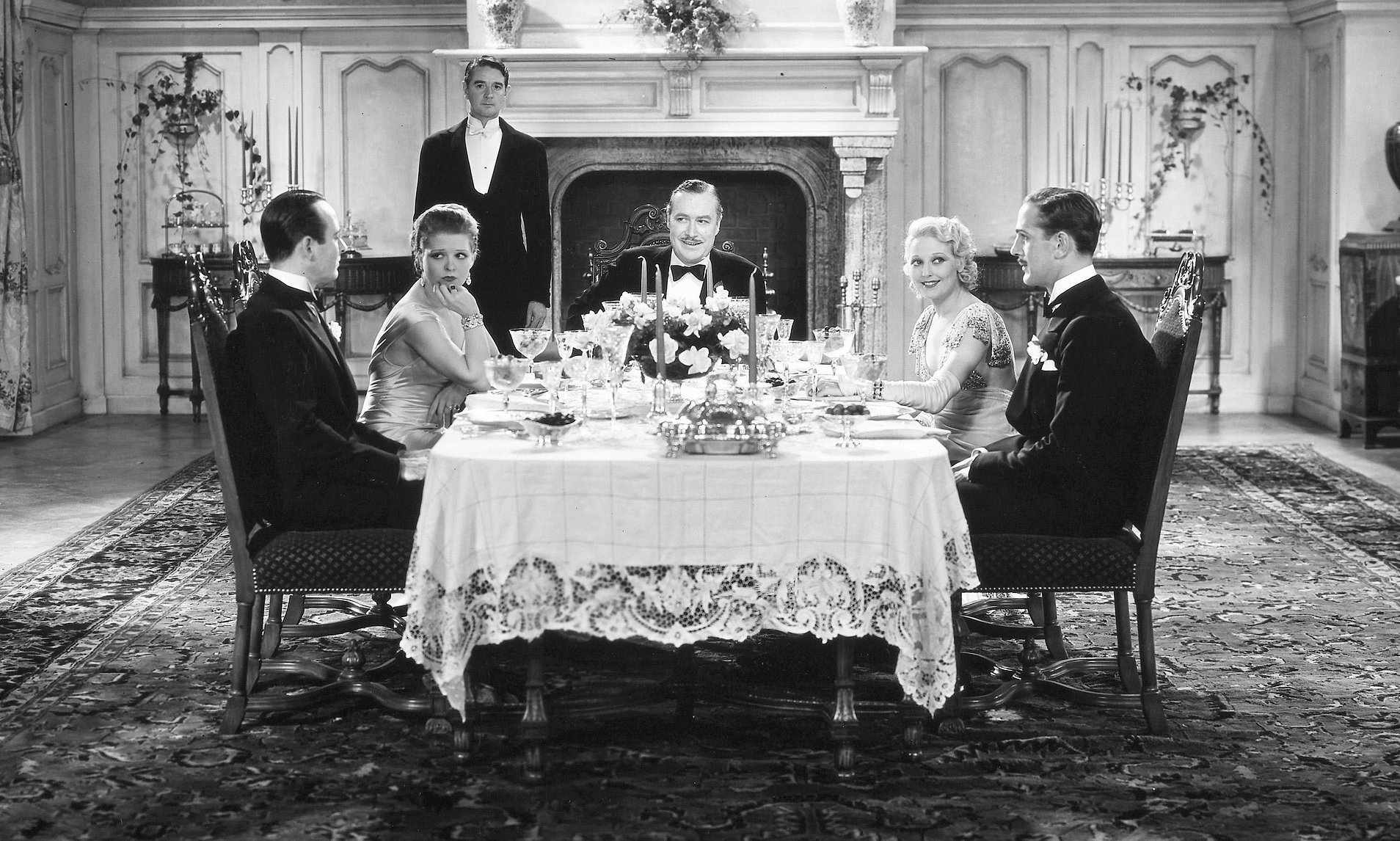Staying in is fast becoming the new going out, as the British cut back spending ahead of likely tax increases in November’s Budget. As the nights draw in, more people are ‘cocooning’ in the comfort of their homes, enjoying cosy gourmet-type ready meals.
Dining in makes financial sense, as restaurants bills become ever more expensive, due to the higher employer National Insurance Contributions and other tax changes in last year’s Budget.
Restaurants may be losing out. But the growth of the staying-in trend is set to be a boon to supermarkets, who were already competing ferociously in the ‘premium private label’ segment – the term ‘ready meals’ being one they tend to avoid.
This market is already estimated to be worth £7.4 billion a year, with recipes evolved in the manner of a Michelin-starred repast.
M&S is number one in the sector, according to the ranking calculated by the Worldpanel consumer insights consultancy. To ensure its dominance, the retailer even employs a Michelin-starred chef – Tom Kerridge – as the culinary mastermind behind its Gastropub range. Chocolate cookie dough dessert is on the menu.
Alex Freudmann, M&S managing director of food, said: ‘At M&S we are obsessed by quality and continue to improve our recipes and ingredients all the time.’

People may be tightening their belts this autumn, but only in the metaphorical sense. Stay-at-home ‘premium private label’ diners need not deprive themselves.
Sainsbury’s Taste The Finest chicken, leek and smoked ham hock pie for £7 typifies the fare.
Marks & Spencer is even catering for upmarket dining-in for one with six new ‘restaurant quality’ pasta meals at £6 each.
Even the German-owned discount chains know that premium private label is an area of growth: Aldi offers Specially Selected, while Lidl has its Deluxe range.
Giles Hurley, UK head of Aldi, said: ‘While inflation is proving stubborn, we’re seeing more shoppers switching to our award-winning premium, own label range. Shoppers are treating themselves at home rather than eating out.’
M&S and Waitrose may hold the number one and two slots in the premium private label business. But the other supermarkets want a bigger slice of this pistachio and raspberry pie (an item from Tesco’s Finest range).
Profit margins in groceries are slender – Tesco’s margin is 4.5 per cent. But premium ranges have fatter margins of about 7 per cent. For £15, Tesco Clubcard holders can enjoy a meal of wild garlic chicken kiev, dauphinoise potatoes and salted caramel profiteroles.
At Friday’s interim results, Tesco should reveal its progress towards its target of £3 billion in sales a year from its Finest range. In the first quarter, sales leapt by 18 per cent and Tesco will wish to maintain this momentum.
The desire to recreate the restaurant experience at home is even changing the way people decorate their homes.
Nick Wilkinson, the outgoing chief executive of the Dunelm furniture and homeware chain, said that in the summer attention was being lavished on outdoor dining areas. At the retailer’s full-year results this month, Wilkinson cited the challenge posed by the more onerous taxes, but said Dunelm had ‘learnt to navigate a volatile consumer market’ suggesting there would be dining table sets styled for the cocooning trend in stores.
Homes and tables seem set to be more lavishly decked out this Christmas. Retailers are reporting an early surge in interest for festive food and furnishings, highlighting the desire to entertain and indulge in treats, without venturing outside.
Marks & Spencer launched its festive food ordering service on Tuesday and immediately reported demand that was 8 per cent higher than last September.
More than 56,000 orders were placed on that Tuesday – for turkeys but also for puddings such as The Reindeer Dashing Through The Snow, a £22 confection of caramel and chocolate mousse, after which one senses that diners will be dashing nowhere fast.
Marks & Spencer’s Freudmann reckons that, at a challenging economic time, there is a greater desire to ‘protect family events and celebrations’.
He added: ‘We keep close to our customers, speaking with them often, so that we know how they feel and what’s important to them.
‘Right now, they are prioritising spending time with family and friends and protecting celebrations. Looking forward to and planning a special Christmas at home is more important than ever.
Demand for Christmas decorations and lighting, spurred by what Marks & Spencer calls a desire to ‘create joyful space at home’ is also booming. Sales of decorations are up 67 per cent year-on-year at the retailer, whose popular items include the £5 Percy Pig sweet tree bauble.
There is also a considerable clamour for baubles at John Lewis, where sales are already 145 per cent up on a year ago.
The retro styles are proving the most popular in yet another sign that we want to cocoon and temporarily shut out what’s happening in the world outside our windows.

